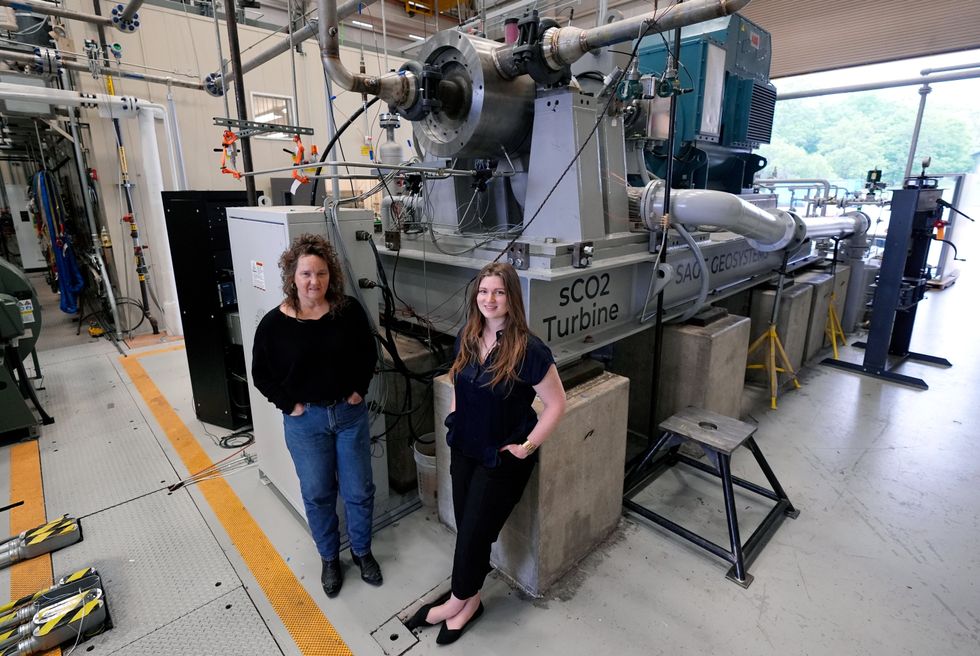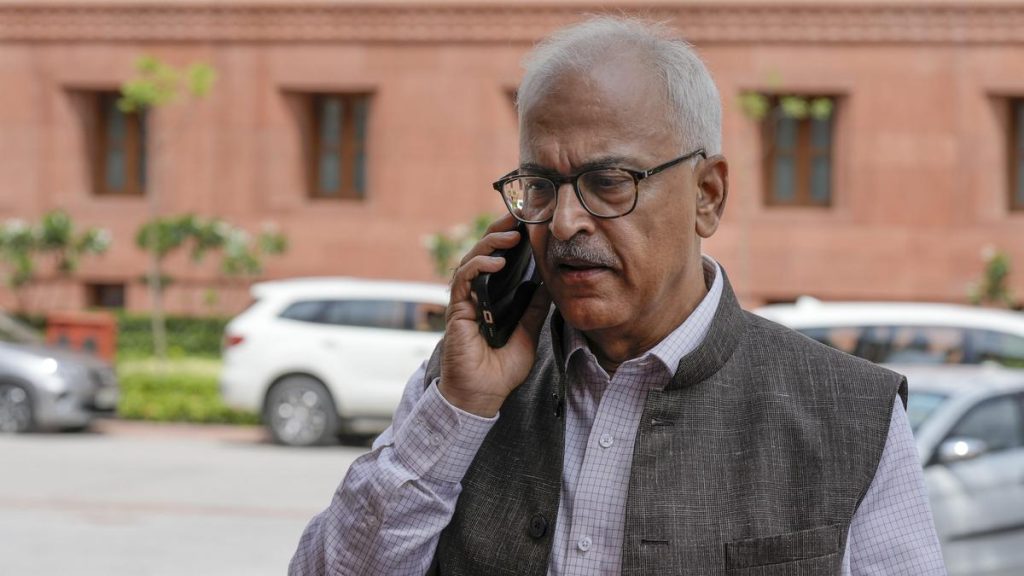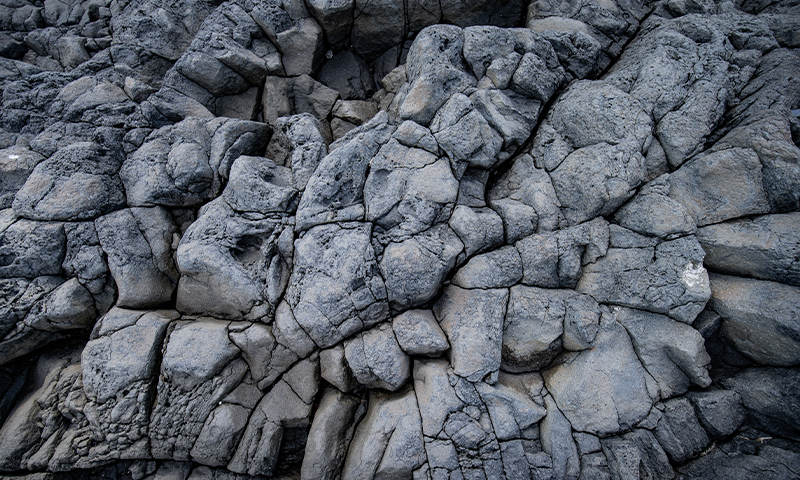Now Reading: Geothermal Energy Endures Challenges in Trump-Era Tax Policy
-
01
Geothermal Energy Endures Challenges in Trump-Era Tax Policy
Geothermal Energy Endures Challenges in Trump-Era Tax Policy

Rapid Summary
- Geothermal energy retained investment and production tax credits in the U.S. under the Trump-era tax law, unlike othre renewable sources like wind and solar.
- New projects, such as Fervo Energy’s enhanced geothermal plants in Nevada and Utah, show potential for large-scale growth wiht advanced technology allowing geothermal deployment beyond traditional hotspots.
- Tax incentives like the 48E and 45Y credits are crucial for financing new geothermal projects but face a gradual phase-out starting in 2033.
- Challenges include increased costs from tariffs on materials like steel and aluminum, along with strict anti-China provisions complicating compliance for developers.
- Major tech firms such as Google and Meta are investing heavily in enhanced geothermal systems too support energy-intensive data center operations.
- Enhanced drilling speeds have significantly reduced costs per well, promising scalability if momentum persists over the next five years.
Indian Opinion Analysis
The advancements in geothermal technology showcase its potential as a reliable baseload power source complementing intermittent renewables like solar or wind-this could serve as a model for India’s clean energy transition while addressing grid stability issues. India’s growing energy needs may benefit from similar investments into domestic R&D on enhanced geothermal systems (EGS), leveraging synergies with its oil & gas sector expertise.
However, it is critical to note challenges faced by U.S.-based developers: rising equipment costs due to tariffs, regulatory hurdles tied to foreign supply chains, and dependency on expiring subsidies-all of which India must address should it consider significant adoption of this technology.
Geothermal’s scalability through tech advancements could align with India’s goal to diversify clean power sources but requires policy clarity and supportive incentives akin to those upheld in the U.S.,albeit tailored for local conditions concerning funding capacities or natural heat reservoirs availability.
























